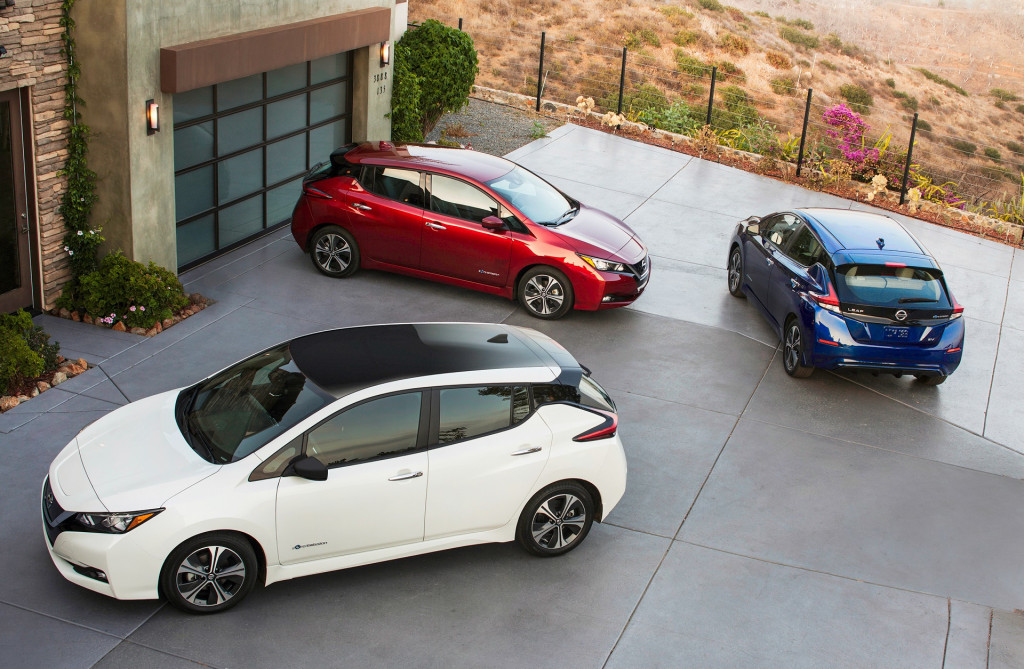Many times our polls deal with weighty issues—climate change, renewable energy, the effects of denying science—or survey expectations for the future.
But sometimes we just do a "Pick one!" kind of poll.
That's what we did last week, when we asked Twitter followers to name their favorite electric car from among four choices now on the market.
DON'T MISS: In what segments will electric cars do best by 2025? Take our (new!) Twitter poll
We deliberately kept Teslas off the list, for a couple of reasons.
First, we wanted to keep it to affordable vehicles, and the long-promised $35,000 version of the Tesla Model 3 now seems as though it won't start deliveries until late this year.
That will depend on the company's success in resolving the Model 3's current "production hell" and how many $1,000 Model 3 reservations convert into actual sales.
Which electric car is your favorite?
— Green Car Reports (@GreenCarReports) March 5, 2018
Second, we've learned over the years that the presence of Tesla can skew reactions.
So this poll was about battery-electric cars (all compact five-door hatchbacks, as it turned out) from established mass-market buyers.
The results demonstrated pretty clearly that range matters, and matters a lot: The cars' popularity rose almost directly with their comparative ranges.
READ THIS: What will get more people to consider electric cars? Twitter poll results
With its 238 miles of EPA-rated range, the Chevrolet Bolt EV was the collective favorite, earning 46 percent of the votes.
The second most-popular car was the new 2018 Nissan Leaf, with 151 miles of rated range (up from 107 miles last year). It got 31 percent of the votes.
At the bottom were a pair of cars with virtually identical ranges: the 125-mile Volkswagen e-Golf and the 124-mile Hyundai Ioniq Electric.

2018 Nissan Leaf
The Hyundai got 12 percent of the votes, and the VW trailed it with 11 percent—telling us that within a price range of, say, $30,000 to $37,500, higher range will draw buyers.
It's worth noting those last two cars aren't available nationwide, so familiarity with them may be considerably lower than for the Bolt EV and Leaf.
CHECK OUT: What if car buyers aren't ready for electric cars, even in California?
Sales figures seem to bear out some of our results, too: the Bolt EV sold 23,400 copies in 2017, a strong start in its first year on the market, especially a year in which it wasn't nationally available for the first six months.
As always, please note that our Twitter polls are far from scientifically valid, due to small sample size and self-selection by those who choose to participate.













